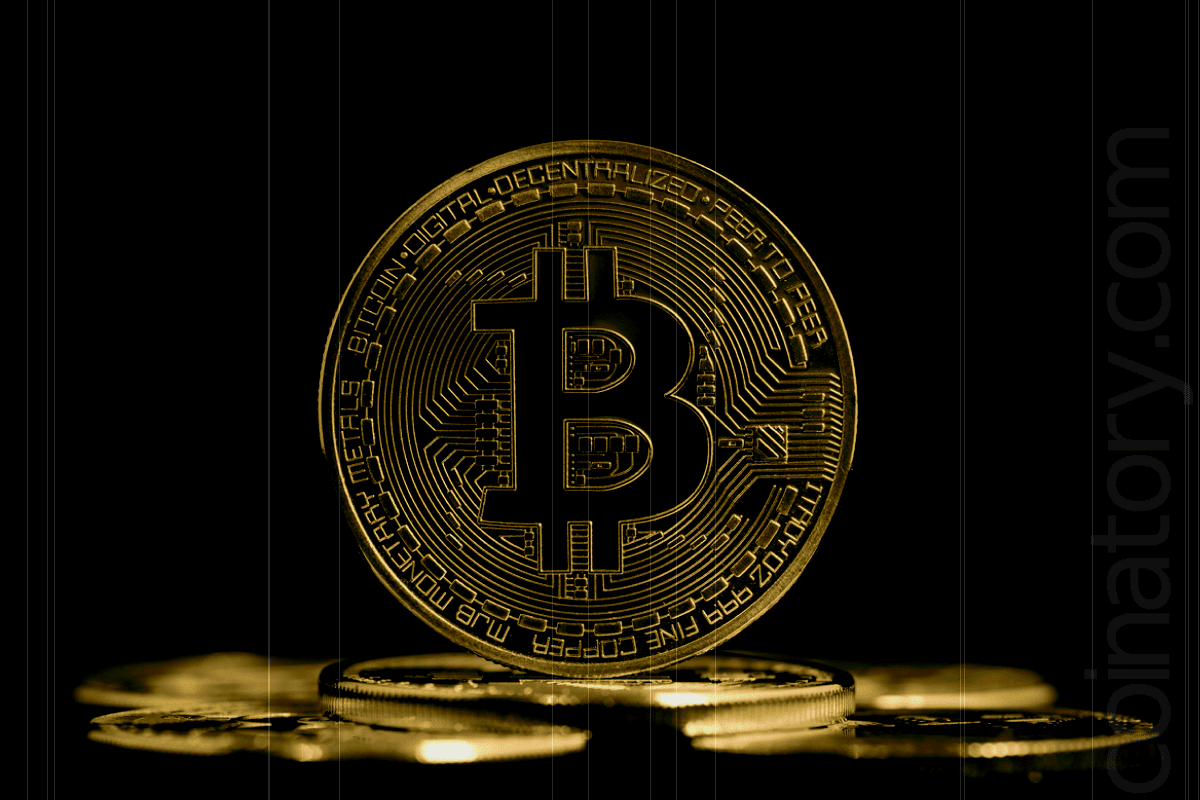
A new paper from the Bitcoin Policy Institute, The Case for Bitcoin as a Reserve Asset, suggests that central banks should consider Bitcoin as a reserve asset alongside gold. As of Q1 2024, central banks globally hold approximately $2.2 trillion in gold, a number that continues to grow. However, the paper argues that Bitcoin offers unique advantages, particularly as a hedge against inflation, geopolitical instability, capital controls, sovereign defaults, bank collapses, and international sanctions, especially from the United States.
Economist Matthew Ferranti, the paper’s author, underscores Bitcoin’s role as an “effective portfolio diversifier” due to its low correlation with traditional financial instruments. Furthermore, Ferranti emphasizes Bitcoin’s absence of counterparty risk, which makes it a compelling hedge against defaults and selective sanctions imposed on countries such as Venezuela and Russia. While Bitcoin may not fit every central bank’s reserve strategy, Ferranti positions it as a modern equivalent to gold in terms of store-of-value and as a defense against currency depreciation.
U.S. Political Support for a Bitcoin Strategic Reserve
This recommendation aligns with recent U.S. political calls for Bitcoin as a strategic reserve asset. Following remarks by former President Trump at the 2024 Bitcoin Conference in Nashville, Tennessee, Senator Cynthia Lummis of Wyoming introduced the Bitcoin Strategic Reserve Bill to the U.S. Senate. The bill proposes the ambitious goal of acquiring 5% of Bitcoin’s supply for the U.S. Treasury, underscoring growing interest in Bitcoin as a financial asset at the national level.
In an interview with Fox News’ Maria Bartiromo, Trump suggested the possibility of addressing national debt through Bitcoin holdings, highlighting the asset’s capped supply and potential as an inflation-resistant store of value. MicroStrategy CEO Michael Saylor, a prominent Bitcoin advocate, likened this potential move to the Louisiana Purchase, comparing the economic benefits of adopting Bitcoin as a reserve asset to the expansion of U.S. territories under President Thomas Jefferson in 1803.
While the concept of a Bitcoin-backed U.S. reserve enjoys popularity among Bitcoin supporters, it faces criticism. Charles Hoskinson, founder of the blockchain platform Cardano, cautions that such a move could lead to increased governmental influence over the Bitcoin network, potentially compromising its decentralized nature.







